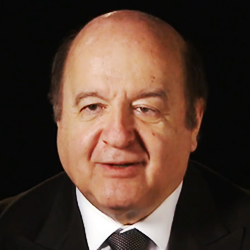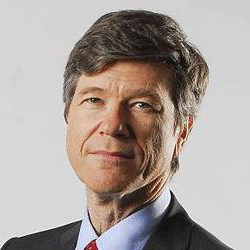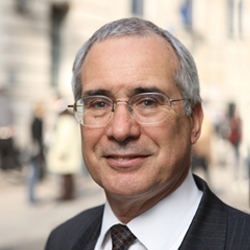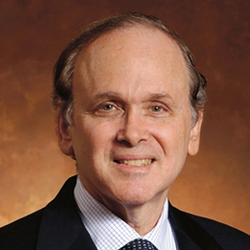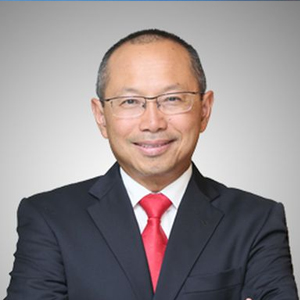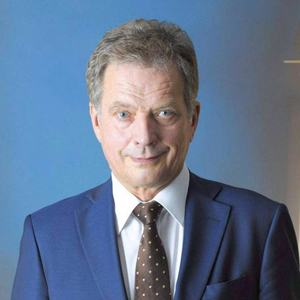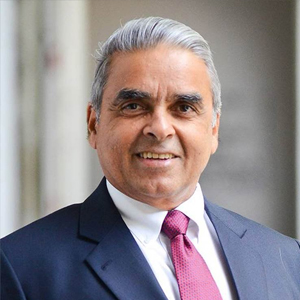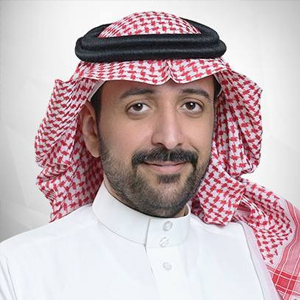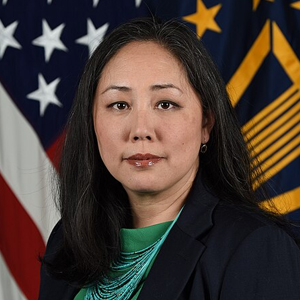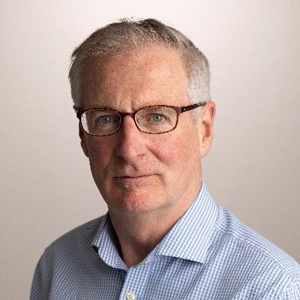Hernando de Soto was named by The Economist as running one of the two most important think tanks in the world; TIME magazine chose him as one of the five leading Latin American innovators of the century and Forbes Magazine named Hernando as one of 15 innovators “who will reinvent your future”.
Hernando has served as an economist for the General Agreement on Tariffs and Trade, as President of the Executive Committee of the Copper Exporting Countries Organization (CIPEC), as CEO of Universal Engineering Corporation (Continental Europe’s largest consulting engineering firm), as a principal of the Swiss Bank Corporation Consultant Group, and as a Governor of Peru’s Central Reserve Bank.
Hernando has also published two books about economic and political development: The Other Path, and at the end of 2000, The Mystery of Capital: Why Capitalism Triumphs in the West and Fails Everywhere Else. In 2007 he received the Humanitarian Award in recognition of his work to help poor people participate in the market economy.
De Soto used the findings of ILD field research in Egypt, Tunisia and Libya to make his case for "the economic roots of the Arab Spring." The ongoing Arab revolutions, he argued, were "economic revolutions" driven mainly by the frustrations of 200 million ordinary Arabs who depended on the informal economy for their livelihoods. He pointed to the ILD’s earlier 2004 findings in Egypt, which revealed the nation’s largest employer with 92% of the property in the informal economy – assets worth almost $247 billion.
In 2014-2015, De Soto and his team have been attempting to guide the political process in Peru, as Presidential elections are due to take place in 2016, by finding solutions to the ongoing national mining crisis. De Soto has been a strong advocate for the formalisation of the informal miners that are scattered throughout Peru.
In May 2015, De Soto attended the 1st Annual Block Chain Summit hosted by British billionaire Richard Branson at his private Caribbean residence, Necker Island. De Soto was one of three moderators, along with Michael J. Casey, former Wall Street Journal senior columnist and Matthew Bishop, editor at The Economist. The goal of the event was to define a way that the world can benefit from the block chain technology behind the Bitcoin digital currency.
